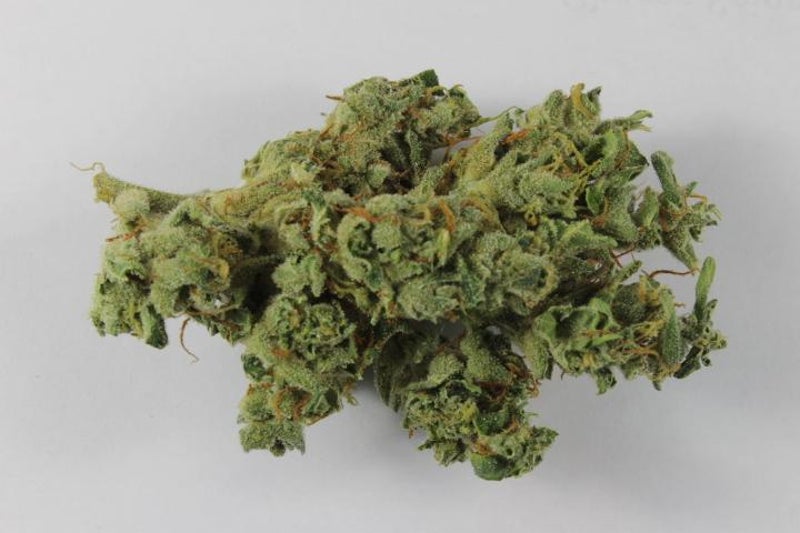Potent cannabis linked to surging schizophrenia cases
Potent cannabis linked to surging schizophrenia cases
Share:
New schizophrenia cases linked to cannabis use disorder more than doubled in Ontario after legalisation of drug. Overuse of high-potency cannabis could be linked to a sharp increase in schizophrenia cases in Canada, according to a new study that calls for a review of the drug’s long-term effects. The study, published in the journal JAMA Network Open, found that the number of new schizophrenia cases linked to cannabis use disorder, CUD, has more than doubled in Ontario, rising from 4 per cent to 10 per cent after the legalisation of the drug.
Researchers assessed whether the liberalisation of medical cannabis in 2015 and the legalisation of non-medical cannabis in 2018 influenced the link between CUD and new schizophrenia diagnoses. Schizophrenia is a condition that affects how a person interprets reality, manifesting in patients as a combination of hallucinations, delusions and disordered thinking. Previous studies have suggested cannabis abuse may aggravate already decreasing nerve connectivity in young adults at risk of psychosis, which could then progress to schizophrenia.
The new study adds to this finding, establishing another link between cannabis legalisation and the rise in schizophrenia cases in Canada. “We found that there have been concerning increases over time in the percentage of people with a new schizophrenia diagnosis who had received care for a cannabis use disorder before their diagnosis,” study co-author Daniel Myran, an associate scientist at The Ottawa Hospital, said.
“Regular cannabis use is strongly associated with an increased risk of schizophrenia, and one of the main areas of uncertainty surrounding cannabis legalisation is whether there would be changes in the number of new cases of schizophrenia.”. The study analysed the health data of all Ontario residents aged 14 to 65 years eligible for universal health care, over 13.5 million people, from three policy periods between 2006 and 2022 – before legalisation, after liberalisation of medical cannabis, and after legalisation of non-medical cannabis.
It found that at least 118,650 individuals, or about 1 per cent of the population of Ontario, had an emergency department visit or hospitalisation for CUD. About 10 per cent of individuals with CUD developed schizophrenia during the study period compared to 0.6 per cent of individuals without CUD. The link between CUD and schizophrenia may be “particularly elevated” among younger males, in whom about 20 per cent of incident schizophrenia cases were associated with CUD by the end of the study, researchers said.
“Our study highlights the growing public health challenge posed by the combination of increasingly high-potency cannabis and rising regular cannabis use,” said Dr Myran. The study does not imply that cannabis use directly causes schizophrenia, but researchers caution that heavy cannabis use can worsen symptoms and the prognosis for those living with the psychiatric condition. “The tripling of schizophrenia cases associated with a cannabis use disorder over the past 17 years and rising cases of psychosis underscores the urgent need for targeted prevention strategies, particularly for younger populations who appear to be at the greatest risk,” Dr Myran said.






















